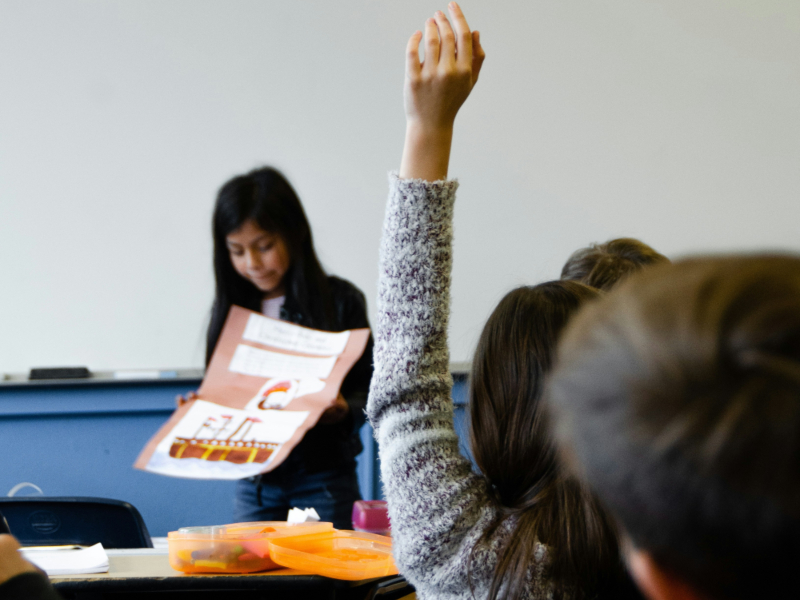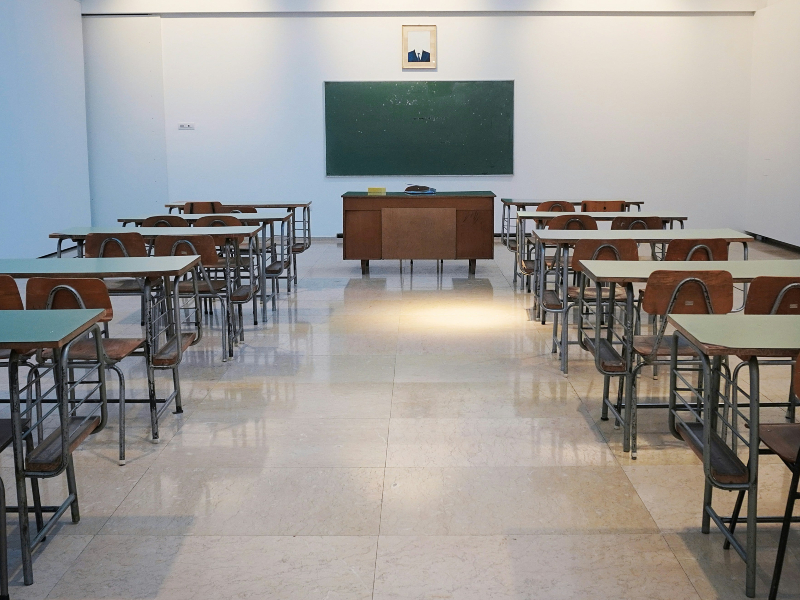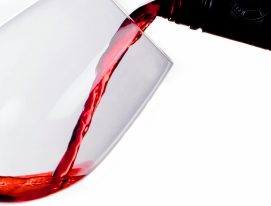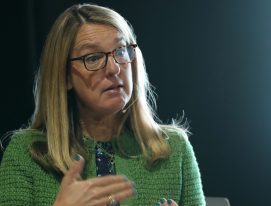As we’ve seen previously, education is one of the pillars of Argentina wineries’ sustainability initiatives. In addition to making high quality wine, local wine producers are working closely with their partners and communities to provide educational support, internship programs and training to help improve the lives of their neighbors. Examples can be found the length and breadth of the country.
Education programs run by Argentine wineries: valuing the local community

Starting to the north of the country in the Province of Salta one of the education programs run by Argentina wineries is the initiative underway at Grupo Colomé, whose Colomé and Amalaya wineries are working in the communities of Molinos and Cafayate. As Lourdes Casasola, the Manager of Social Responsibility and Environmental Management explains, in the former municipality the work is focused on the Diaguita Calchaquí community, which is made up of about 100 families, 400 people in all, in Paraje Colomé.
The winery organizes educational workshops at primary and secondary levels for local children and adolescents while also, in association with the Ministry of Education, running the program Education for Work, and through the Department of Socio-Communitarian Strengthening offers training in different trades, for example Introduction to Cookery or Introduction to Service, which will allow students to find work in Colomé’s oenotourism sector.
Meanwhile, Amalaya, who are based in Cafayate – which has a population of 20,000 – are working in partnership with the public sector having signed agreements with different provincial ministries and community representatives. In their case, they are offering internships at secondary, tertiary and university level in different parts of the company; maintenance, the winery and their recently opened wine bar. They also offer a range of training courses.
Education programs run by Argentina wineries elsewhere

To the west, Chandon and Terrazas de los Andes have since 2004 been running education programs focused on different sectors of the population based around the rural public schools in their areas: the Departments of Luján de Cuyo, Maipú, Tupungato, Tunuyán and San Carlos. Every year, more than 4000 school pupils of different ages and 100 teachers take part in training by specialists in different areas supported by volunteers from the winery and consultants to ensure the socio-pedagogical effectiveness of the initiatives.
Other educational programs run by Argentina wineries include: Education During the Harvest, when educational and leisure programs are provided for the children of harvesters; Different Colored Roots, an educational artistic competition; Learn by Creating, a learning experience demonstrating the value of the viticultural process for primary school pupils; My tree, my school and I, in which schools set up their own tree nurseries and each pupil takes care of a tree; Educational Visits; My School Recycles, in which PET bottles are collected and recycled in Luján, and Voices of Agrelo, a choir for children between the ages of 5 and 12.
In the East of Mendoza, as part of their sustainability activities, Bodega Los Haroldos, a part of the Familia Falasco group, is soon to complete the construction of a small educational establishment inside the winery so locals and partners can complete their studies.
“We work with many partners, and a lot of them haven’t completed their primary or secondary school studies. The idea is for them to be completing the courses by the 2025 school year,” says Carlos Díaz, Institutional Manager at Familia Falasco.

About education programs run by Argentina wineries, Los Haroldos also run a program in partnership with local schools, most of which are in rural areas, under which they donate technological supplies such as computers for the pupils to use.
Down in San Patricio del Chañar, Neuquén, Bodega Del Fin Del Mundo runs a range of activities to encourage the educational development of the area such as a research agreement with the Universidad Nacional del Comahue that analyzes local yeasts and their impact on different varietal expressions, among other areas. They also run a range of intern programs especially during harvest time in which young students can join in the harvest and production of the wine. They are also planning an intern program in partnership with the technical school of San Patricio del Chañar, which will commence soon.



